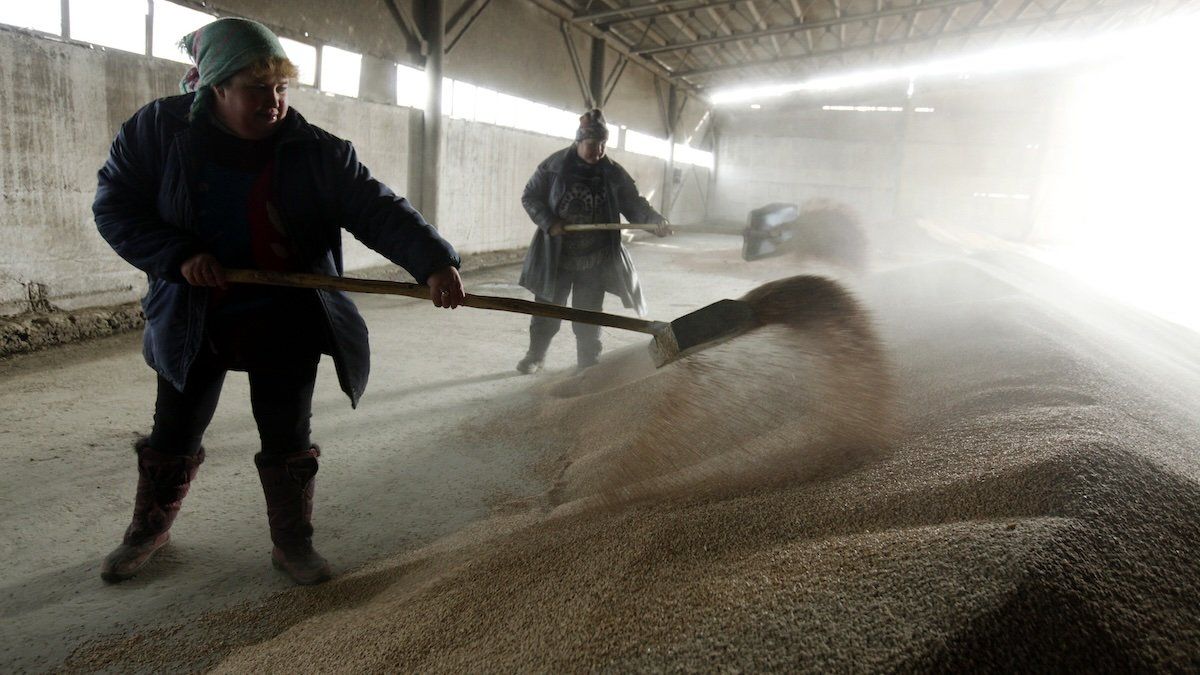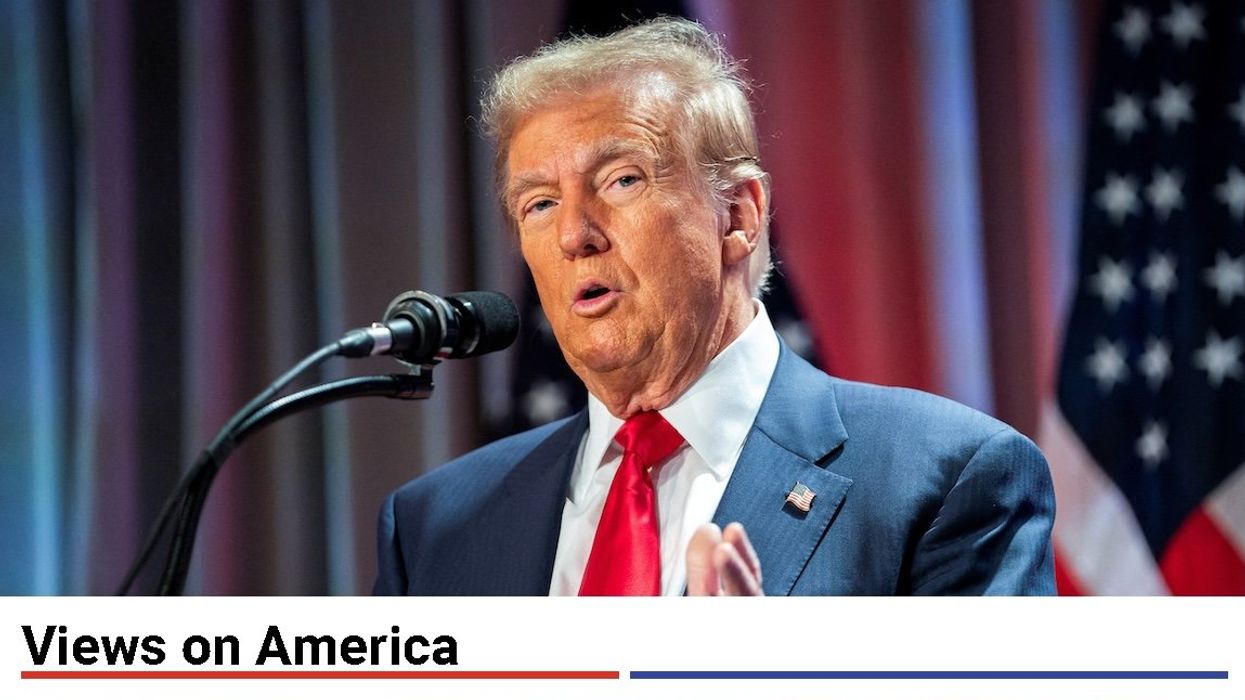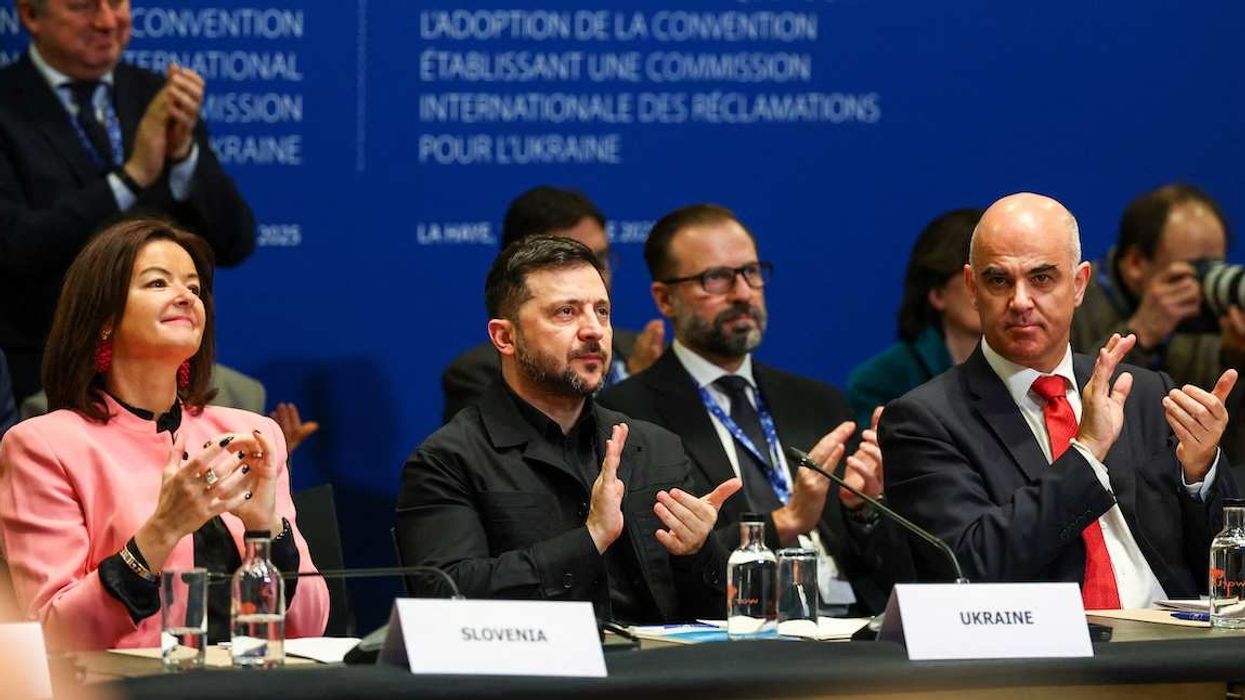European leaders have long been reluctant to restrict the purchase of Russian agricultural products for fear the decision would raise global food prices and provoke anger in developing countries over food inflation and scarcity. But global food prices fell in January to their lowest level in three years. As a result, Europe now imports much more Russian grain than before the invasion of Ukraine.
That might be about to change. The EU is reportedly debating a plan to slap heavy tariffs on grain, oil seeds, and derivative products imported from Russia and its invasion ally Belarus. The move won’t have a big impact on Russia’s broader economy, but it will please European farmers who face less competition, and the move has real symbolic value for European leaders anxious to cut remaining EU economic ties to the Kremlin.
There are three important elements of the emerging deal. First, the tariffs won’t produce hardship for European consumers. The EU is already a net exporter of cereals, and prices now stand at four-year lows.
Second, to limit the risk of a big jump in global food prices, the plan will allow Russian grain to travel through Europe to Africa and Asia.
Third, the EU will impose tariffs, the highest level allowed under WTO rules, rather than sanctions to avoid the need for unanimous support from all EU capitals.



















